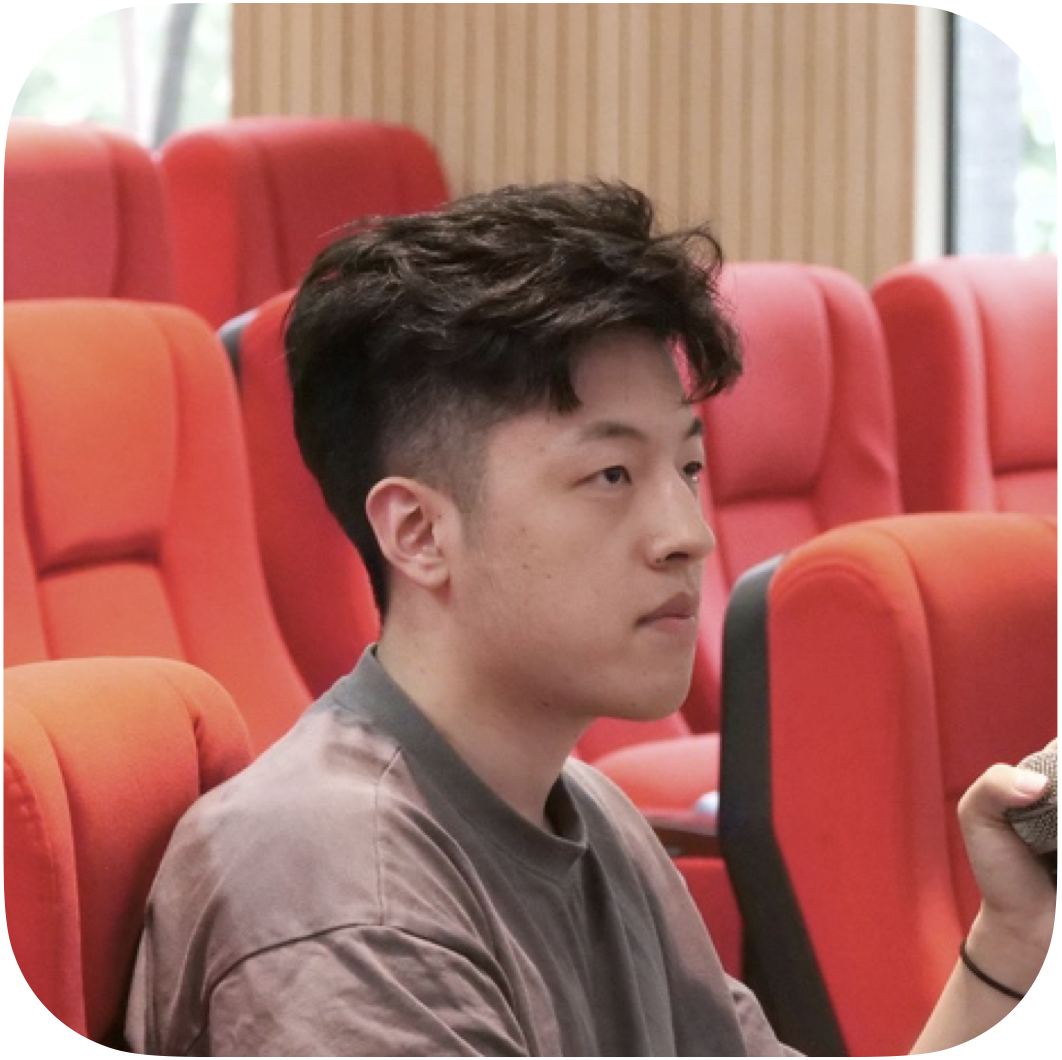|
PhD Student I am a PhD student at the General Robotics Lab @ Duke University, advised by Prof. Boyuan Chen. I study machine learning for decision-making and perception. I'm especially interested in grounding the noisy but informative natural signals in the world as scalable supervision, such as various forms of human feedback and priors embedded in foundation models. Previously, I graduated from Columbia with an MS degree, where I worked on robust computer vision models and multimodal learning. I worked with Professor Junfeng Yang, Carl Vondrick, and Shih-Fu Chang and collaborated closely with Chengzhi Mao and Mingyang Zhou. Prior to Columbia, I earned my Bachelor's degree at Nanjing University, China, where I did my undergraduate thesis on neural image compression, advised by Prof. Qiu Shen. |

|
|
|